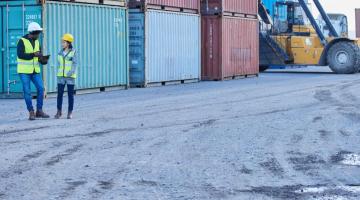Scope 2 Technical Working Group Progress Update
GHG Protocol is currently in the process of updating its corporate suite of standards and guidance, including its Scope 2 Guidance (2015). In the decade since the Scope 2 Guidance was published, there have been significant changes within the GHG emissions accounting and reporting ecosystem, including the development of both voluntary and mandatory disclosure frameworks and the increase in adoption of net-zero emissions targets.









